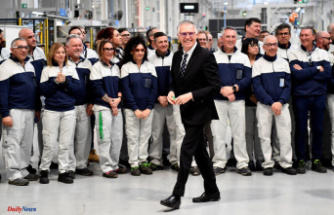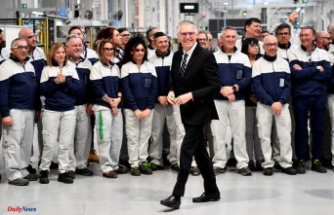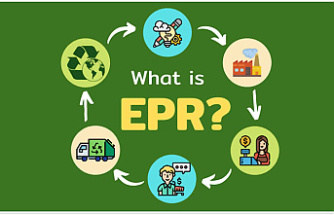An Israeli-French businessman increased his stake to 18% from 12%. The government immediately responded that it would intervene if necessary.
Altice, his company, stated that it did not intend to submit a full bid but could reconsider if necessary.
Rumours of other bidders were rumored after Mr Drahi's stake-building in BT.
The businessman who also owns Sotheby's auction house began purchasing BT shares for the first time in June.
Altice stated in a statement that Altice had engaged constructively with the management and board of BT over recent months and he looks forward to continuing that dialogue.
"We continue to hold them high in regard and remain fully supportive their strategy, principally because they play the pivotal part in delivering full fibre broadband network expansion - an investment program which is so important for both BT as well as the UK."
His move prompted the government, however, to warn that it could intervene if necessary. Ministers were concerned that any pressure from BT to reduce costs could impact the ongoing broadband rollout.
A spokesperson said that the government had taken note of Altice's latest acquisition of BT shares. We are closely monitoring the situation.
"The government is committed in levelling up the country via digital infrastructure and will not hesitate if necessary to protect our critical national telecoms infrastructure. What is Patrick Drahi, a French billionaire?
Six months ago, he purchased just over 12% of BT. This made him the largest shareholder.
Drahi currently has 18%, 12% less than 30%. At that point, the takeover rules would require him to offer the entire company.
Sources close to Mr Drahi claim it is a coincidence that the exact size of the DT stake is exactly what they are referring to.
The government made it clear that it will "not hesitate" to take action if necessary to protect our national infrastructure.
In January 2019, tougher rules will be in place to stop foreign takeovers key assets. However, it could still block any takeover as per the current rules.
What's the Drahi's secret? Sources claim that Mr. Drahi recognizes three things.
Firstly, BT has a strong market position and the government supports its large-scale digital infrastructure investments plans.
Second, the current shareholder structure has become unstable. Deutsche Telekom has had its stake in their employee pension plan for almost a decade. The DT boss recently stated that he expects "something to happen" within the next 12 months.
Drahi thirdly would like to be seated at the table when something happens.
I believe that Mr. Drahi has not yet applied for a position in the boardroom.
He is content to be a part of large parts of a company that he believes is undervalued for the moment.
He must wait six more months to be eligible for the takeover.
However, it's inevitable that something will have to go. It will happen. And Mr Drahi has plans to be there - in investment banking basketball patter. T said it had received the purchase and that it would "continue operating the business in the interests of all shareholders" and "remain focused on the execution of its strategy, and building upon recent performance momentum".
Altice stated that it did not intend to offer BT.
British takeover rules forbid Mr Drahi's move for six months.
In June, Mr Drahi declared that he had purchased a 12.1% stake at BT. This was worth PS2.2bn.
Who is Patrick Drahi
In 1963, he was born in Morocco to a Jewish family.
French, Israeli, and Portuguese citizenship
Lives in Switzerland
Altice was founded, France's second largest telecoms group
Sotheby's owns assets in France, Portugal, Israel, and the US.
Forbes estimates that he is worth $7.6bn (PS5.7bn) and one of the top 200 billionaires in the world.
Line
The pound fell against the dollar and euro after the Brexit referendum and is currently at 2016 levels.
This allows foreign firms to get hold of UK companies with more buying power than before Brexit.
Additionally, UK shares are "still cheap due to the perceived significant economic and political risks of Brexit," Sue Noffke of Schroders, head of UK equity, stated in November.
She stated that although the "valuation discount" is not justified, "UK-listed companies continue being picked up by overseas private equity buyers and other industry peers."
UK companies perform better with foreign owners
Gigabit broadband is a top priority for homebuyers
Low interest rates make debt very affordable. Investors were also encouraged by the global economic recovery after the Covid pandemic.
Takeovers in the UK reached a 14-year high during the first seven months 2021.
BT shares fell 7% in London morning trading. Over the past five year, its shares have more that halved in price after experiencing low growth.
The 175-year old company is currently in the middle of a transformational program to build a PS15bn network for broadband fibre. This strategy is crucial both for the company and the government which claims it wants to increase regional growth.












